"Non-Abelian Anyons and Topological Order in Solids"Kirill Shtengel , Microsoft [Host: Paul Fendley]
ABSTRACT:
A concept of topological order originally introduced by Wen in the context of Fractional Quantum Hall Effect has drawn much attention from people working in the fields of HTSC, frustrated magnetism and quantum computation. Topological order is manifested by a non-trivial degeneracy of the ground state on 2D surfaces of non-zero genus (such as a torus) and non-trivial mutual statistics of excitations. E.g., a Z_2 topological order in a magnetic system should lead to spin-charge separation -- one of the interesting (yet unlikely) possible mechanisms for HTSC. From the point of view of quantum computation, one of the biggest challenges is making it fault-tolerant. We hope to use topological properties to encode quantum information in a way that is highly resistant to decoherence. So far one (and only) type of systems where topological order is known to exist are systems with Fractional Quantum Hall Effect. After reviewing the current state of search for topological phases in condensed matter, I will discuss models with non-Abelian topological order. In particular, I will present a version of extended Hubbard model whose low-energy physics can lead to a phase with such non-Abelian order. General arguments for stability of these exotic phases as well as some new ideas about physical implementation of such systems will be presented. If found experimentally, these systems will provide a basis for building a truly fault-tolerant quantum computer.
|
Condensed Matter Seminar Tuesday, February 10, 2004 4:00 PM Physics Building, Room 204 Note special date. Note special time. Note special room. Special Condensed Matter Seminar. Please note special day and time. |
To add a speaker, send an email to phys-speakers@Virginia.EDU. Please include the seminar type (e.g. Condensed Matter Seminars), date, name of the speaker, title of talk, and an abstract (if available).
 Physics at Virginia
Physics at Virginia